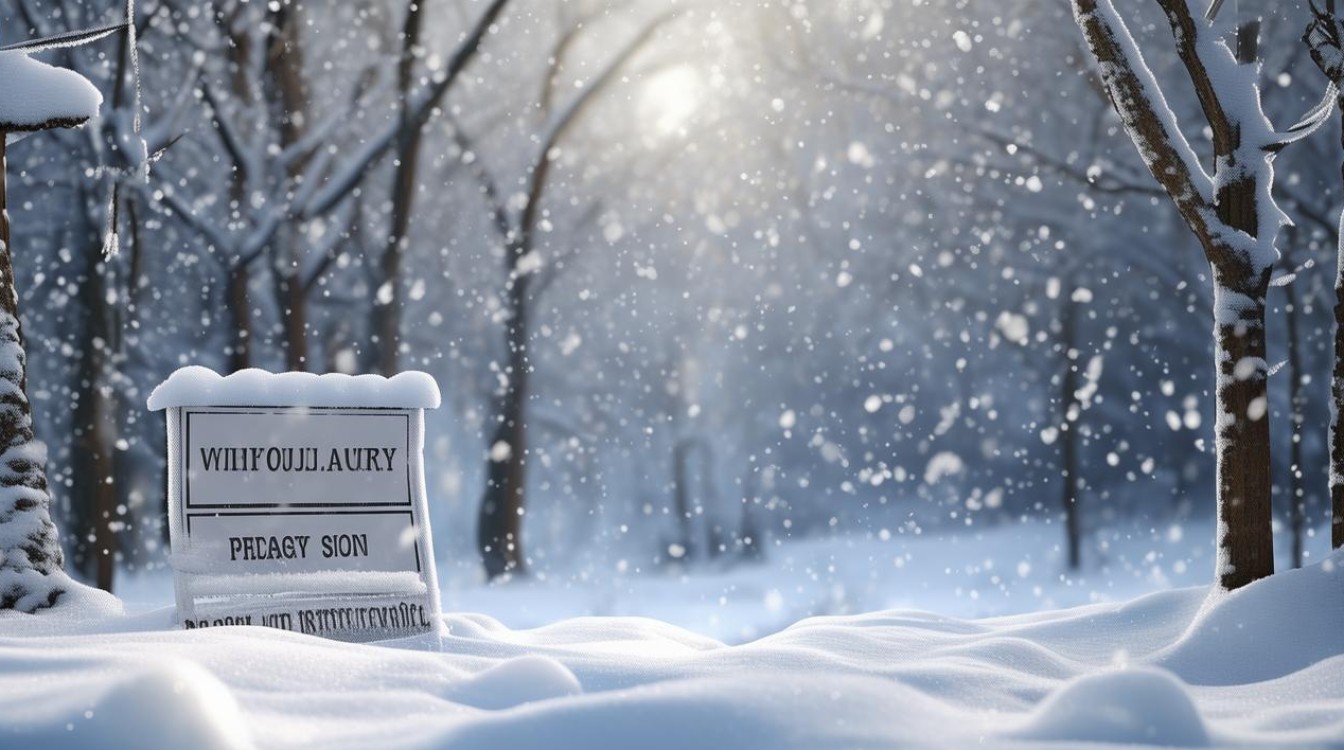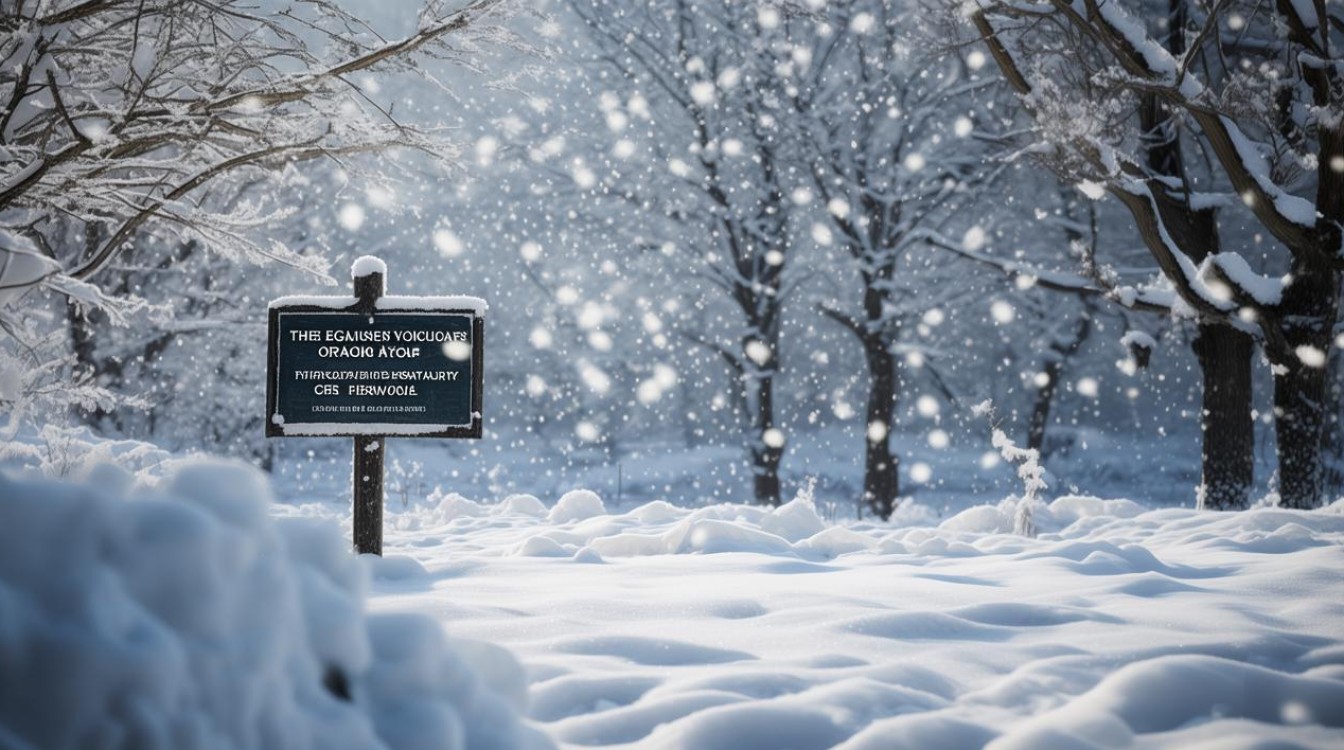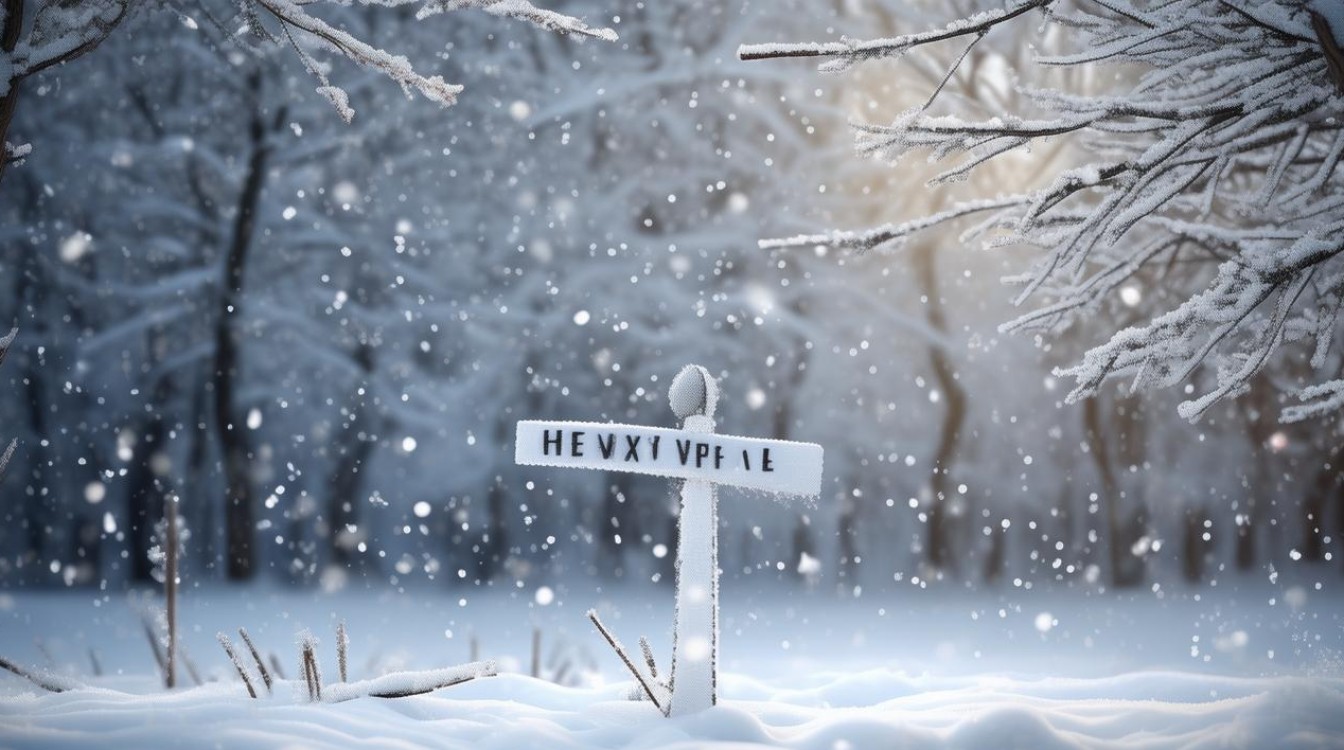Winter transforms landscapes into serene, white wonderlands, and few things capture this magic like a heavy snowfall. For English learners or anyone curious about weather terminology, understanding the words and phrases related to snow can enrich conversations and writing. This guide explores the essential vocabulary, idioms, and expressions tied to snowfall, helping you describe winter’s beauty with precision.

Basic Snow-Related Words
- Snow – The frozen precipitation that falls in flakes.
- Flurry – A brief, light snowfall with little accumulation.
- Blizzard – An intense snowstorm with strong winds and low visibility.
- Sleet – A mix of rain and snow, often creating icy pellets.
- Hail – Frozen raindrops that form small ice balls, different from snow.
- Frost – A thin layer of ice that forms on surfaces when temperatures drop below freezing.
- Slush – Partially melted snow, often seen on roads and sidewalks.
- Avalanche – A sudden, massive flow of snow down a mountainside.
Descriptive Terms for Snowfall
Not all snow is the same. Depending on texture, density, and conditions, different terms apply:
- Powder – Light, dry snow perfect for skiing.
- Packing snow – Moist snow that sticks together, ideal for snowballs.
- Crust – A hard, icy layer on top of softer snow.
- Graupel – Soft, pellet-like snow, sometimes called "soft hail."
- Whiteout – A condition where falling or blowing snow makes visibility nearly impossible.
Winter Weather Idioms and Phrases
English speakers often use snow-related expressions metaphorically:
- "Snowed under" – Overwhelmed with work. ("I’m completely snowed under with deadlines.")
- "A snowball’s chance" – Very unlikely. ("He has a snowball’s chance of winning now.")
- "Break the ice" – To initiate a conversation in a social setting.
- "Pure as the driven snow" – Completely innocent or morally clean.
- "Let it snow" – A cheerful expression welcoming snowfall, popularized by the holiday song.
Regional Snow Vocabulary
Different English-speaking regions have unique terms for snow:

- "Nor’easter" (U.S. Northeast) – A storm with winds from the northeast, often bringing heavy snow.
- "Snizzle" (U.K.) – A mix of snow and drizzle.
- "Polar vortex" (North America) – A large area of cold air that can cause extreme winter weather.
- "Thundersnow" – A rare phenomenon where thunder and lightning occur during a snowstorm.
Scientific and Technical Snow Terms
For those interested in meteorology:
- "Accumulation" – The total amount of snow that has fallen.
- "Albedo effect" – How snow reflects sunlight, affecting climate.
- "Isotherm" – A line on a weather map showing equal temperature, crucial for predicting snow.
- "Snowpack" – Layers of accumulated snow, important for water supply in spring.
Cultural and Literary References to Snow
Snow has inspired countless poems, books, and sayings:
- Robert Frost’s "Stopping by Woods on a Snowy Evening" – A famous poem capturing winter’s quiet beauty.
- "The Snow Queen" by Hans Christian Andersen – A fairy tale about a magical winter ruler.
- "Winter is coming." – A well-known phrase from Game of Thrones, symbolizing impending challenges.
Practical Snow Phrases for Travelers
If you’re visiting a snowy region, these phrases might help:

- "The roads are icy." – Warning about dangerous driving conditions.
- "School is closed due to snow." – A common announcement in winter.
- "We need to shovel the driveway." – Removing snow with a shovel.
- "Black ice is dangerous." – Transparent ice on roads that’s hard to see.
Snow in Different English Dialects
British and American English sometimes use different terms:
- U.S.: "Plow" / U.K.: "Gritter" – Vehicles that clear snow from roads.
- U.S.: "Snow day" / U.K.: "Snow closure" – When schools or workplaces shut due to snow.
Final Thoughts
A heavy snowfall isn’t just a weather event—it’s a cultural moment, a scientific phenomenon, and a linguistic opportunity. Whether you’re describing a gentle flurry or a raging blizzard, the right words bring winter’s magic to life. Next time snow blankets your world, take a moment to appreciate its many names and meanings.

